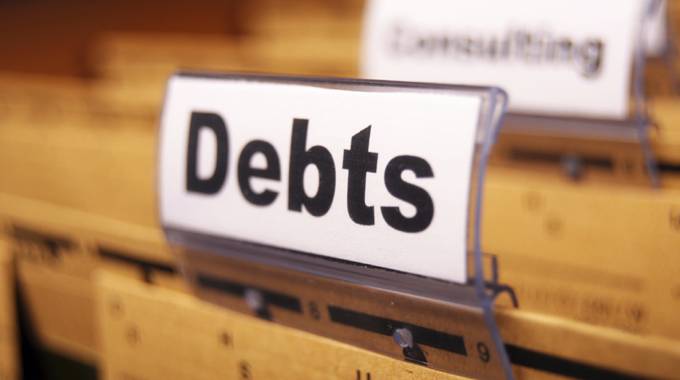Legality of debt collectors challenged

 Daniel Nemukuyu Senior Court Reporter—
Daniel Nemukuyu Senior Court Reporter—
The legality of debt collectors in Zimbabwe is now under the spotlight after a Harare woman approached the High Court seeking an order declaring their operations illegal. It is argued that there is no Act of Parliament that empowers debt collectors to demand payment, to issue threats or summons on behalf of creditors.
Debt collectors have been wreaking havoc in most parts of the country, attaching property and issuing out threats through warning letters in red ink. They are being accused of acting illegally and in violation of the Legal Practitioners’ Act.
Most local authorities, including Harare City Council and Chitungwiza Municipality, have engaged the services of debt collectors who issue out threatening letters and at times harass residents in a bid to recover debts.
Ms Sheila Chibika, who owes Harare City Council in rates and water charges, argued in her application that debt collectors’ operations were dubious and must be banned.
She cited Wellcash Debt Collectors (Pvt) Limited as a respondent in the court application that is yet to be set down for hearing at the High Court.
Ms Chibika argued that by issuing out summons on behalf of creditors, debt collectors will be violating Section 9(2) (b) of the Legal Practitioners Act.
Section 9 (2) (b) of the Act reads: “Subject to any other law, no person other than a registered legal practitioner who is in possession of a valid practising certificate issued to him shall—
(b) For, or in expectation of any fee, commission, gain or reward in any way instruct, or assist any other person to sue out or threaten to sue out any summons or process or to commence, carry on or defend any action, suit or other proceeding in any court of civil or criminal jurisdiction.”
Ms Chibika said there is no legal framework in place to protect creditors and debtors from unscrupulous debt collectors.
If lawyers abuses clients’ funds, she argued, the Law Society of Zimbabwe will chip in but debt collectors are not accountable to anyone and just operate on their own.
“In fact there is no legal framework to protect both the creditors and debtors from the likes of the respondent. “There is no known board to turn to for compensation in the event of a creditor being fleeced by the debt collectors.
“There is no organisation to regulate ethical conduct or even the tariff or payments due to the likes of the respondent in the event of debt collection,” the woman said.
Ms Chibika added that some unscrupulous debt collectors were swindling creditors of cash after collection.
“I was advised that there has been a surge of matters in which creditors were being duped by the so-called debt collectors and these creditors have not had recourse since these persons are not licensed to carry out such practice anywhere,” said Ms Chibika.
Ms Chibika has since entered into a payment plan with Harare City Council to clear the debt but she is now challenging the legality of debt collectors in Zimbabwe.
“This Honourable court ought to frown at such conduct as it amounts to bogus legal practice,” reads Ms Chibika’s founding affidavit. Ms Chibika of 11013 Glen View 7 in Harare received a letter of demand from Wellcash on January 10 this year.
Wellcash purported to be acting on behalf of Harare City Council and had given the woman a 48-hour ultimatum to settle the debt or risk losing property.
The company also threatened the woman with civil imprisonment if she did not have enough assets to service the debt. Wellcash was still to respond to the court application.








Comments